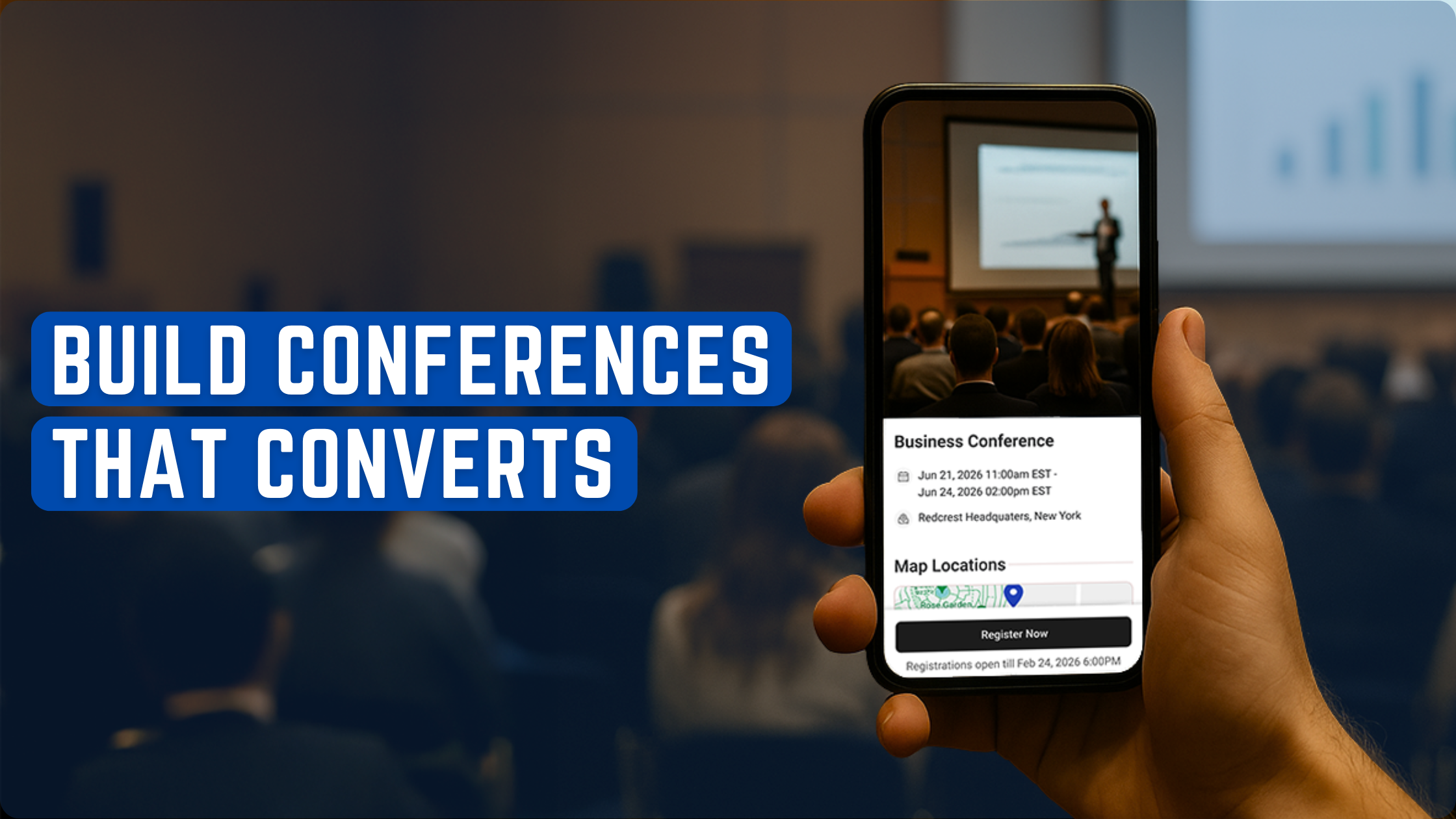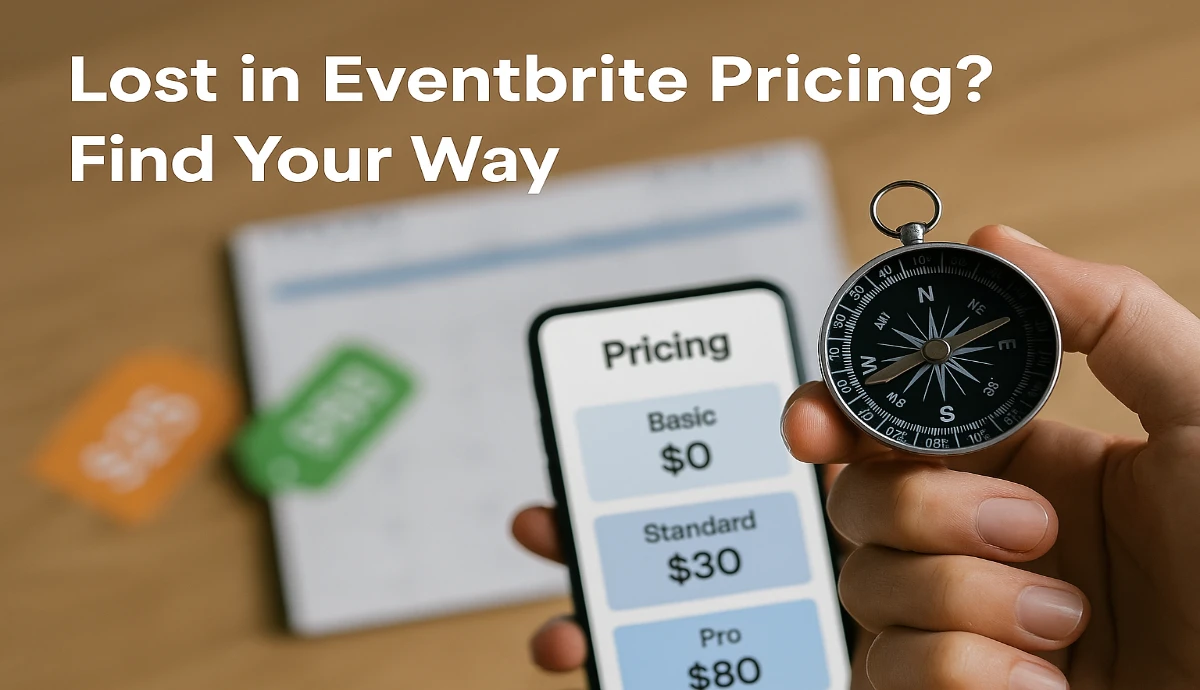If you recently organized a charity event, you may be wondering how to analyze the survey responses you received from attendees. Analyzing survey responses is an essential step in understanding how your event was perceived by attendees and identifying areas for improvement. By analyzing the data, you can gain insights into what worked well and what didn't, and use that information to make informed decisions for future events.
To start analyzing your survey responses, you'll need to have a clear understanding of your goals. What specific questions are you trying to answer? What metrics are you tracking? Having a clear understanding of your goals will help you focus your analysis and make it more meaningful. Once you have a clear understanding of your goals, you can start organizing your data and identifying trends.
One of the most important things to keep in mind when analyzing survey responses is to look at the big picture. Don't get bogged down in the details of individual responses – instead, focus on identifying patterns and trends across all of the responses. This will help you get a more accurate picture of how your event was perceived overall. By taking a systematic approach to analyzing your survey responses, you can gain valuable insights that will help you improve future events and make them even more successful.
Designing the Survey Analysis
When it comes to analyzing survey responses from a charity event, it is important to have a clear plan in place for how you will approach the analysis. This will help ensure that you are able to extract the most valuable insights from the data and use them to inform your decision-making going forward. Here are some key steps to consider when designing your survey analysis:
Establishing Objectives
Before you begin analyzing the survey data, it is important to establish clear objectives for what you hope to achieve through the analysis. This might include identifying areas where the event was particularly successful, pinpointing areas for improvement, or understanding the demographics of the attendees. By establishing clear objectives upfront, you will be better equipped to focus your analysis efforts and ensure that you are able to extract the most valuable insights from the data.
Identifying Key Metrics
Once you have established your objectives, the next step is to identify the key metrics that you will use to measure success. This might include metrics such as attendance rates, donation amounts, or satisfaction ratings. By identifying these key metrics upfront, you will be better equipped to focus your analysis efforts and ensure that you are able to extract the most valuable insights from the data.
Categorizing Open-Ended Responses
In addition to analyzing quantitative data, it is also important to analyze any open-ended responses that attendees provided. This might include feedback on what they enjoyed most about the event, suggestions for improvement, or other comments. To make this process more manageable, consider categorizing the responses into different themes or topics. This will help you identify common trends and patterns in the feedback, which can be used to inform your decision-making going forward.
Overall, designing the survey analysis process is a critical step in ensuring that you are able to extract the most valuable insights from the data collected at a charity event. By establishing clear objectives, identifying key metrics, and categorizing open-ended responses, you will be better equipped to make data-driven decisions that can help improve future events.
Interpreting the Data
Once you have collected the survey responses from your charity event, it's time to interpret the data to gain insights into your attendees' experiences and preferences. There are two main types of data analysis: quantitative and qualitative.
Quantitative Data Analysis
Quantitative data analysis involves examining numerical data to identify patterns and trends. This type of analysis is useful for understanding the demographics of your attendees, such as age, gender, and income. It can also help you identify the most popular aspects of your event, such as the type of entertainment or the food and beverage offerings.
One way to analyze quantitative data is to use statistical software, such as Excel or SPSS. These tools can help you create charts and graphs to visualize the data and identify correlations between different variables.
Qualitative Data Analysis
Qualitative data analysis involves examining non-numerical data, such as open-ended survey responses, to identify themes and patterns. This type of analysis is useful for understanding the opinions and attitudes of your attendees.
One way to analyze qualitative data is to use a coding system to identify recurring themes in the responses. For example, you might code responses related to the entertainment as "entertainment" and responses related to the food and beverage offerings as "food and beverage." This can help you identify the most common themes and gain insights into your attendees' preferences.
Cross-Tabulation for Deeper Insights
Cross-tabulation is a technique that involves analyzing two or more variables simultaneously to gain deeper insights into the data. For example, you might cross-tabulate the age of your attendees with their satisfaction levels to identify whether there is a correlation between age and satisfaction.
By using cross-tabulation, you can identify relationships between different variables and gain a more nuanced understanding of your attendees' experiences.
Related Posts:
- Streamlined Ticket Validation with the Ticket Generator
- Generating Event Insights Made Easy
- Create Memorable Events with Ticket Templates
- Send Custom Tickets Seamlessly with the Ticket Generator
- Ticket Generator
If you are looking for a tool to help you collect and analyze survey data, Ticket Generator provides a range of features to help you manage your event. With free ticket templates, QR codes for ticket validation, and ticket sharing options via social media platforms, Ticket Generator can help you streamline your event management process. Additionally, Ticket Generator provides event insights to help you analyze attendee preferences and optimize your strategies for future events. Plus, after signing up, you can receive 10 free tickets to help you get started.
Conclusion
In conclusion, analyzing survey responses from a charity event is crucial to understanding the success of the event and identifying areas for improvement. By following the steps outlined in this article, you can effectively analyze your survey data and gain valuable insights into attendee satisfaction, event logistics, and fundraising effectiveness.
Remember to start by collecting all responses to your survey post-event using a reliable tool such as a conference management system. Categorize the responses and identify key themes and trends. Use visual aids such as charts and graphs to help you better understand the data.
When analyzing your survey data, be sure to look for both positive and negative feedback. Highlight areas where the event was successful and identify areas where improvements can be made. This will help you make data-driven decisions and improve the overall attendee experience at future events.
Finally, be sure to report your survey results to stakeholders and use the data to inform future event planning. By taking the time to analyze your survey data, you can ensure that your charity event is successful and impactful.






.gif)






